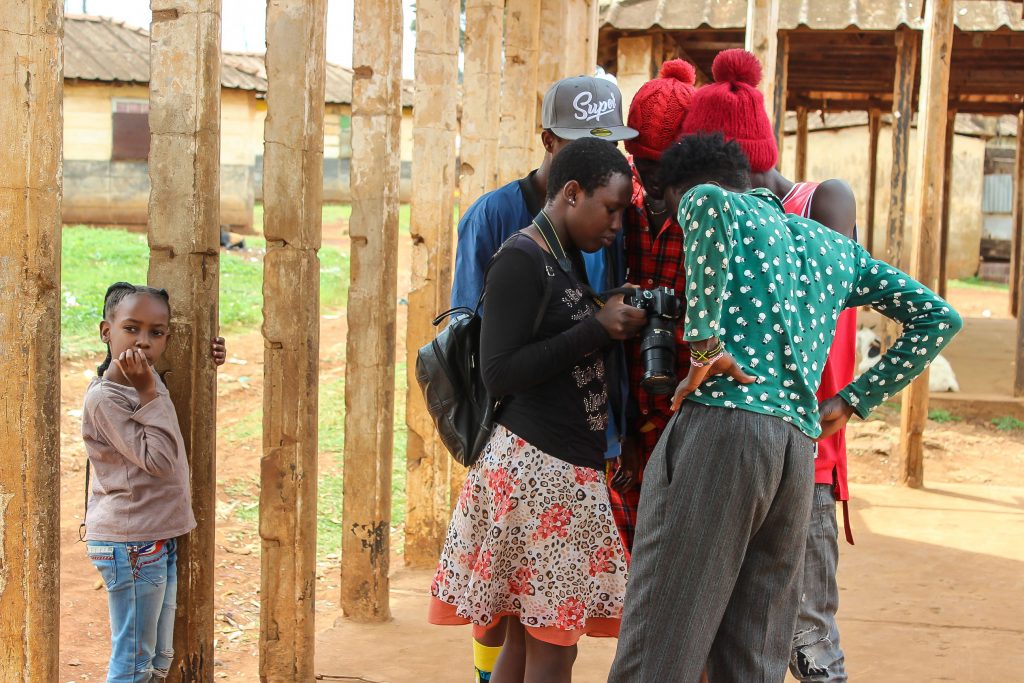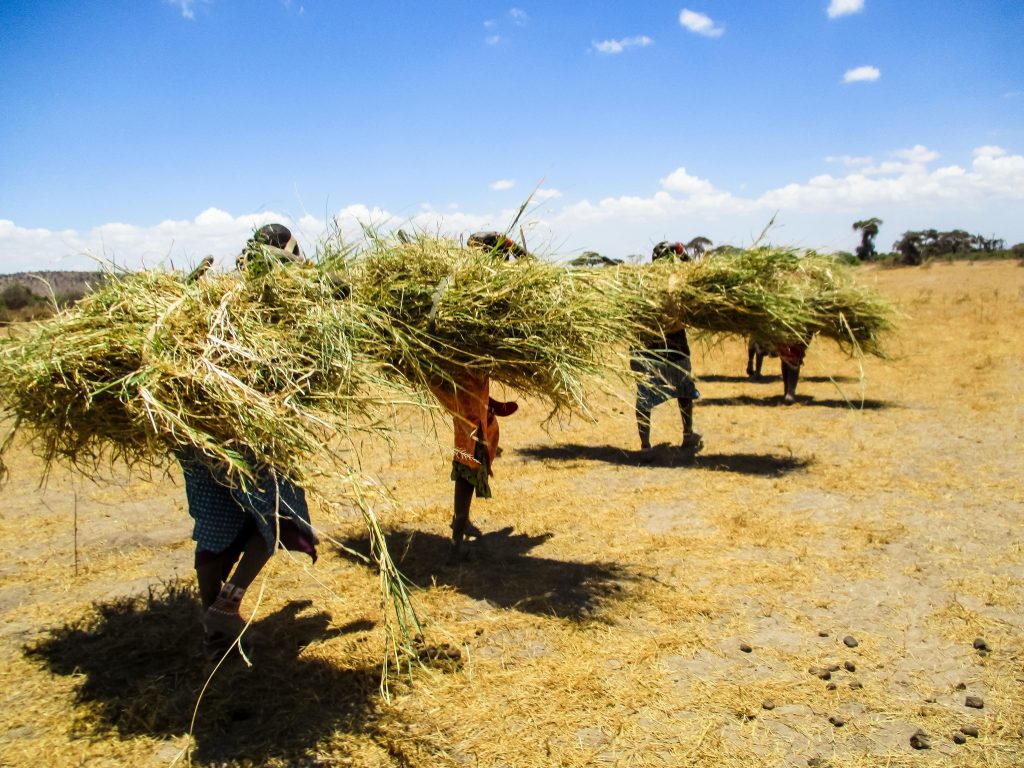As a great way to mark the occasion for this year’s International Women’s Day, the NAP Global Network is delighted to announce a partnership with Lensational, an award-winning social enterprise elevating the voices of underrepresented women in over 23 countries with photography and other digital forms of storytelling.
Through this collaboration, we will use participatory photography and storytelling training to empower women to share their experiences and perspectives with policy makers involved in climate change adaptation planning processes.
This will be a unique opportunity to learn about the lives of underrepresented women in Ghana and Kenya—placing a spotlight on their priorities when dealing with the impacts of climate change, the social barriers they face, and how the NAP process can support their road to resilience.
As highlighted in past webinars, analysis reports, and other resources, the impacts of climate change are not gender-neutral. Women disproportionately suffer the consequences of climate change due to the inequitable distribution of roles, resources, and power—especially in developing countries. In fact, the National Adaptation Plan (NAP) process prepares a country for the consequences of climate change, while providing opportunities to address social and gender inequalities by using a gender-responsive approach to adaptation.
One of the ways to ensure adaptation policies are gender-responsive is to integrate meaningful participation by women—particularly those representing marginalized groups—in decision making processes.
This initiative will:
- Enhance marginalized groups’ understanding of adaptation and NAP processes.
- Enable women to share their stories and visions for resilience through digital storytelling.
- Provide a platform for the stories to be shared with adaptation decision makers.
- Facilitate dialogue, towards a shared understanding of adaptation priorities.
- Support economic empowerment by offering to sell the trainees’ photographs on Lensational’s online platform.
This will be a unique opportunity to learn about the lives of underrepresented women in Ghana and Kenya—placing a spotlight on their priorities when dealing with the impacts of climate change, the social barriers they face, and how the NAP process can support their road to resilience. Beyond a platform for dialogue, this collaboration will also establish new communication channels and potential partnerships between governments and hard-to-reach stakeholders, allowing them to meaningfully participate in policy planning and action.
The NAP Global Network connects over 1,400 participants from more than 150 countries working on national adaptation planning and action and has delivered direct support to more than 40 countries. Its Secretariat is hosted by the International Institute for Sustainable Development (IISD).


